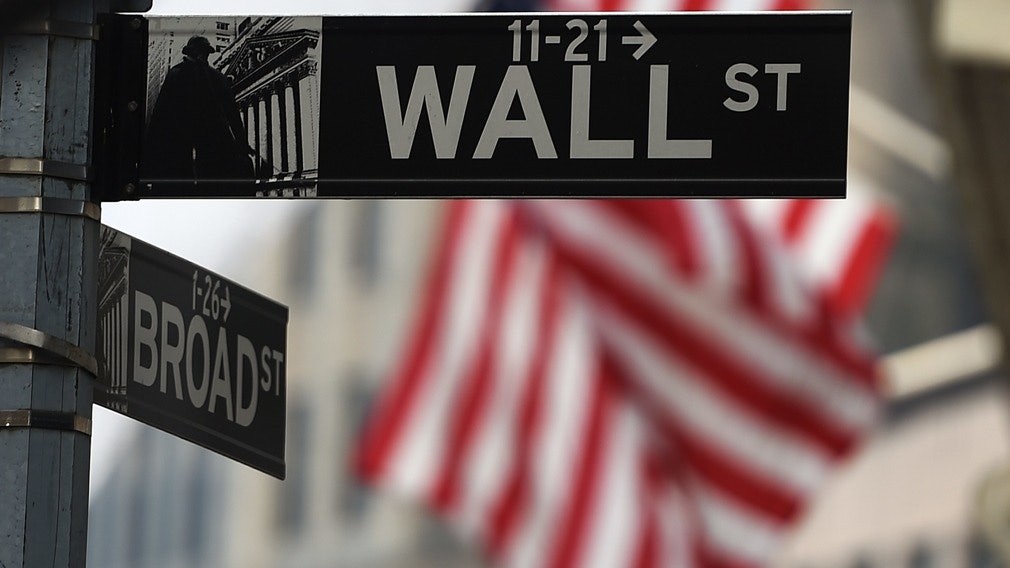A source disclosed on September 28 that the government led by US President Trump is considering restricting the flow of US portfolios to China. A number of Wall Street senior analysts warned, “This is too big. A new round of trade negotiations between China and the United States may be easy to talk about.”
According to Bloomberg News on September 28, Donald Trump government officials are reported to be discussing how to limit the investment portfolio of US investors to China. The S&P 500 index, a mid-share deal in the US, plummeted as investors assessed the move could have an impact on billions of dollars in investments linked to major indices.
Many senior analysts on Wall Street give different views on the latest actions that Washington may take in China.
Jennifer Ellison, head of the Bank of Singapore in San Francisco, said, “This is not a trivial matter. It is too big. The cost of the tariff to the economy is not affected by the trade global economy, and if China is angry, tell us Remember the US debts you sent? We don’t want that much.”
Ed Moya, senior market analyst at Oanda, a Singapore-based forex broker, points out that the White House is trying to make new threats that could hit Chinese companies, thereby increasing bargaining chips. “If the US pension fund enters the Chinese market is limited, there will be a large-scale portfolio adjustment, which will be a disaster for the technology sector. This threat reminds us that the October trade negotiations may be easy to talk about.”
Alan Ruskin, chief international strategist at Deutsche Bank, believes that “this policy may be subject to retaliation by China. There is no doubt that China has a much larger share of the US portfolio market than the US in China. Overall Such news headlines indicate that US-China relations are still extremely tense and are not a good sign in terms of trade negotiations.”
Zach Pandl, co-head of global foreign exchange and emerging market strategy at Goldman Sachs Group, said, “This news has opened up a new front for US-China trade conflicts. It seems likely to weigh on the renminbi and its neighboring currencies and support safe-haven assets, especially the day. yuan.”
Mike Collins, senior portfolio manager at PGIM’s fixed-income division of global investment management, said, “This event once again shows that whenever people think that the trade war is cooling, things will escalate again. We have been in this situation for a long time. I still can’t see the end.”
Tom Orlik, the chief economist at Bloomberg Global, warned that if the US curbs the flow of investment portfolios to China, it will bring new pressure on the economic dispute between the two countries, and the influence will be far greater than the hundreds of billions of dollars on both sides. Tax war.
Ed Al-Hussainy, a strategist at Columbia Threadneedle, believes that “it is impossible to achieve this. Even this administration is hard to find a reason for such a large-scale capital control, but it is a market war.”












